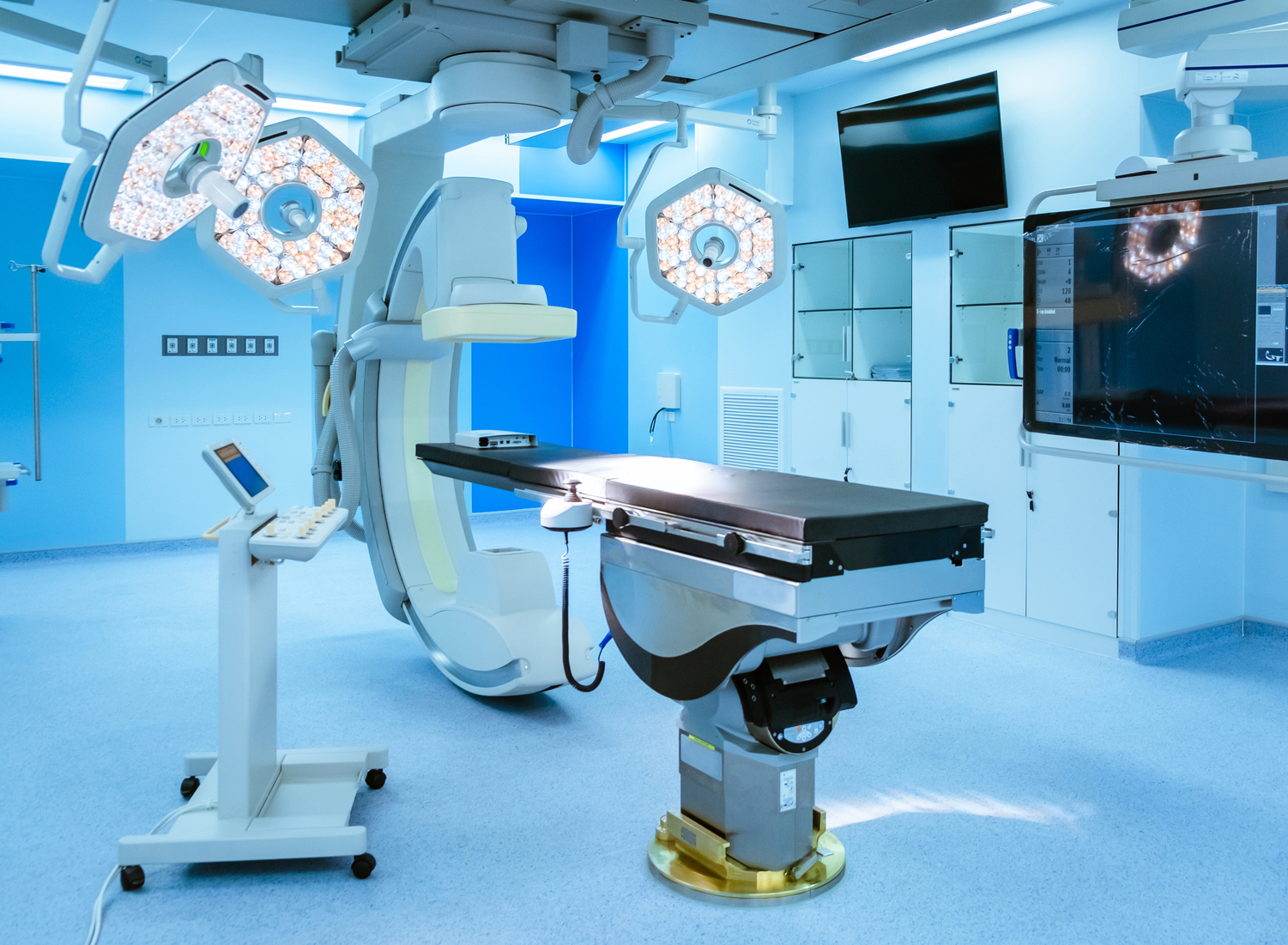During the first 24 hours after your hysterectomy, you will likely experience some vaginal bleeding that slowly tapers off. You might feel extremely tired afterward, and your fatigue may last for up to several weeks. For several weeks, you may have vaginal discharge that appears bloody at first, and then gradually becomes thinner and lighter over time. If both of your ovaries are also removed, you may experience symptoms of menopause, including hot flashes, night sweats and vaginal dryness. You may have a sense of loss that causes you to feel depressed, decreases your appetite, affects your concentration or disrupts your sleep. If these feelings persist or significantly disrupt your life, you should to talk to a supportive care provider, such as a psychologist or us.


